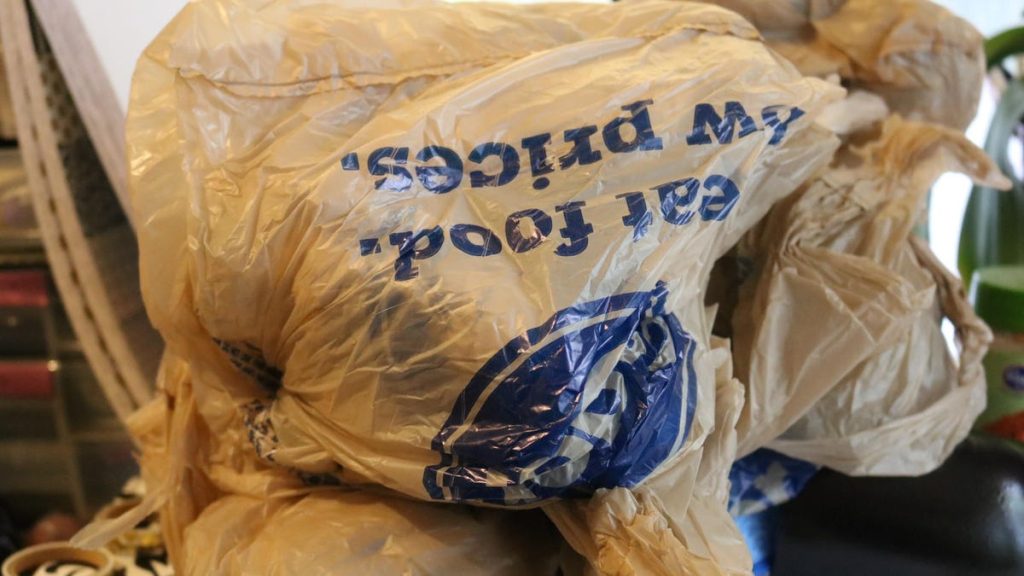Recycling plastics is crucial for helping the environment, but not all plastics can be recycled in the same way. When recycling plastics, it is important to rinse out any food or liquids from the containers to prevent contamination of other recyclables. Plastic that is not recycled often ends up in landfills, where it can take hundreds of years to decompose, or it may be incinerated, producing carbon dioxide that contributes to climate change.
It is important to know which plastics are recyclable before putting them in the recycling bin. Different recycling centers may accept different types of plastics, so it is best to check with your local recycling company to see which plastics they can take. Plastic containers often have numbers on the bottom that indicate the type of plastic, with #1 and #2 plastics being more commonly accepted for recycling. Avoid putting compostable plastics in the recycling bin, as they must be composted instead.
To reduce plastic waste, it is important to use reusable alternatives such as bottles, straws, and utensils. By choosing glass or hard plastic bottles that can be refilled, you can eliminate the need for single-use plastic bottles. Using reusable straws and utensils, recycling plastic bags, and opting for cloth shopping bags are also effective ways to reduce plastic waste. Reusing plastic items whenever possible can also help minimize the amount of plastic ending up in landfills.
When it comes to plastic foam, it is important to note that it is not recyclable. This includes items such as egg cartons, packaging, and peanuts. If you have plastic foam that you no longer need, consider contacting schools or organizations in your area to see if they can use it for projects. Overall, being mindful of the types of plastics you use and making an effort to reduce, reuse, and recycle can make a significant impact on reducing plastic waste and protecting the environment.


